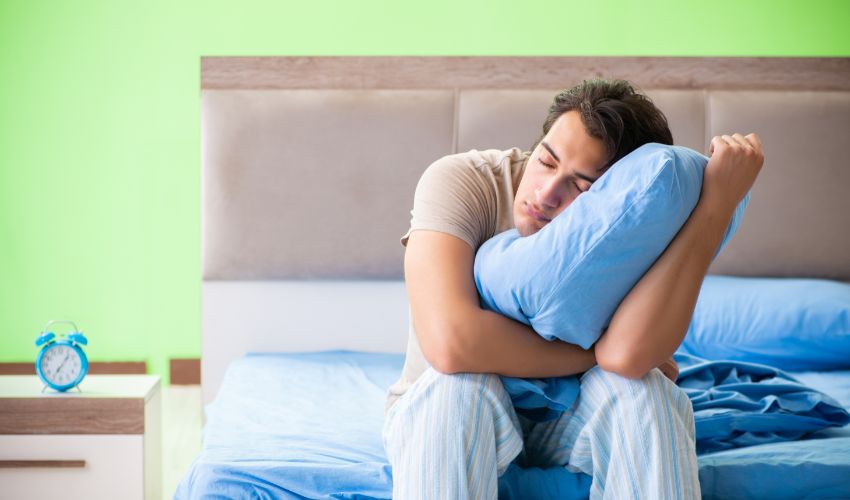What are Sleep Disorders?
Sleep disorders are a group of conditions that affect the ability to fall asleep, stay asleep, or experience restful sleep. There are over 70 different sleep disorders, each with its unique symptoms and causes. Some of the most common sleep disorders include:
- Insomnia
- Sleep Apnea
- Restless Leg Syndrome
- Narcolepsy
Causes of Sleep Disorders:
Environmental factors such as noise, light, temperature, and an uncomfortable bed or sleeping environment can all contribute to the development of sleep disorders. Genetics can also play a role, as some sleep disorders such as narcolepsy have a genetic component. Medical conditions such as depression, anxiety, and chronic pain can also disrupt sleep, as can medications used to treat these conditions. Stress and anxiety can also interfere with sleep, as can lifestyle factors such as irregular sleep schedules, consumption of caffeine or alcohol before bedtime, and lack of exercise.
Symptoms of Sleep Disorders:
The symptoms of sleep disorders can vary depending on the type of disorder. Insomnia, for example, is characterized by difficulty falling asleep or staying asleep, waking up too early, or feeling tired during the day. Sleep apnea, on the other hand, is characterized by snoring, gasping or choking during sleep, and pauses in breathing during sleep. Restless leg syndrome is characterized by a strong urge to move the legs during sleep, which can disrupt sleep and cause fatigue during the day. Narcolepsy is characterized by excessive daytime sleepiness, sudden bouts of sleep, and cataplexy (sudden loss of muscle control).
Treatment Options for Sleep Disorders:

The treatment options for sleep disorders depend on the type and severity of the disorder. Medications such as sleeping pills and antidepressants can be used to manage symptoms of some sleep disorders, but they can also have side effects and should be used with caution. Behavioral therapy, including cognitive-behavioral therapy for insomnia (CBT-I), can help individuals develop healthy sleep habits and address underlying psychological factors that may be contributing to their sleep disorder. Lifestyle changes such as maintaining a regular sleep schedule, avoiding caffeine and alcohol before bedtime, and creating a relaxing sleep environment can also help improve sleep quality. Alternative therapies such as acupuncture and relaxation techniques like yoga and meditation have also been shown to be helpful for some individuals with sleep disorders.
- Medications
- Behavioral therapy
- Lifestyle changes
- Alternative therapies
Frequently Asked Questions:
Can Sleep Disorders be cured?
While there is no cure for sleep disorders, many treatment options can help manage symptoms and improve quality of life.
How can I improve my sleep quality?
Some tips for improving sleep quality include maintaining a regular sleep schedule, avoiding caffeine and alcohol before bedtime, creating a relaxing sleep environment, and engaging in regular exercise.
How do I know if I have a sleep disorder?
If you are experiencing symptoms such as difficulty falling asleep or staying asleep, waking up too early, or feeling tired during the day, it may be worth discussing your concerns with your healthcare provider.

Can Sleep Disorders be life-threatening?
In some cases, sleep disorders such as sleep apnea can be life-threatening if left untreated.
Is it possible to develop a sleep disorder later in life?
Yes, sleep disorders can develop at any age, and many people may experience changes in their sleep patterns as they age.
Conclusion:
Sleep disorders can have a significant impact on quality of life and overall health. If you are experiencing symptoms of a sleep disorder, it is essential to discuss your concerns with your healthcare provider. With proper diagnosis and treatment, many individuals can successfully manage their sleep disorder symptoms and improve their overall sleep quality. Remember, a good night’s sleep is vital for maintaining optimal health and well-being.






















